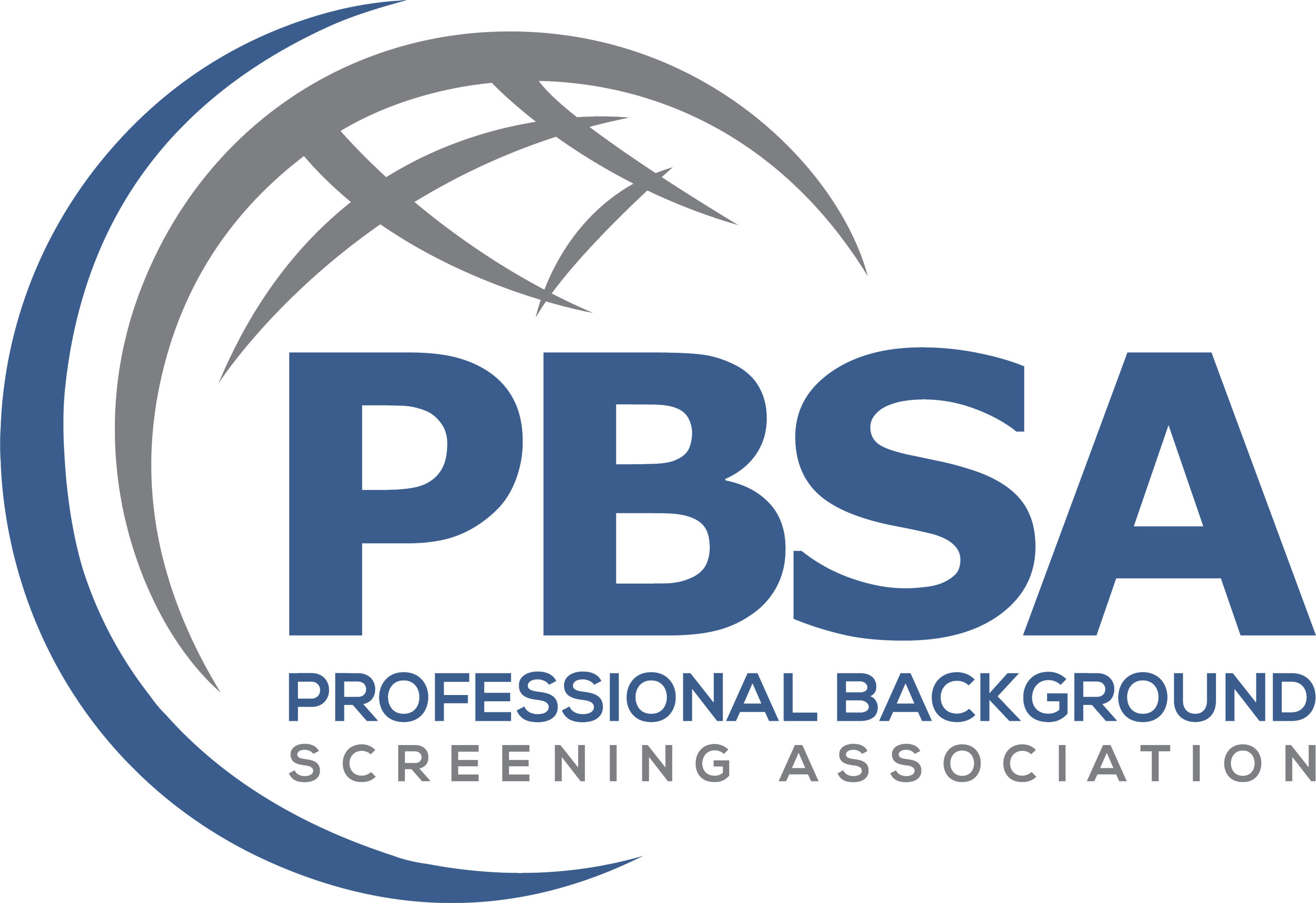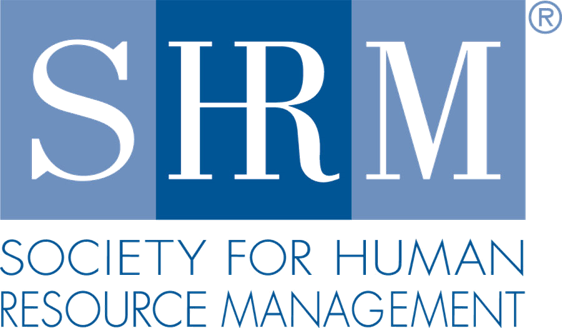SC’s Sex Offender Registry Dilemma
Some organizations think of a Sex Offender Registry as a simple web search that will track down any and all offenders with the click of a button. We’re here to tell you that not all of them are created equal and, as the state of South Carolina has quickly found out, the information you get out is only as good as the information that goes in. This is why we believe it’s vital to have human verification of identifiers, as opposed to relying on a simple automated search.
The Back Story
South Carolina made the decision this year to move away from being one of 21 states who use OffenderWatch to track sex offenders. Upon the decision being made it was also made mandatory the South Carolina Law Enforcement Division that every South Carolina County was to use the free Department of Justice application, the Sex Offender Registry Tool (SORT).
It only took a few weeks before multiple counties were fed up with the issues inside of SORT and actually agreed to a contract with OffenderWatch to be used in tandem with the mandated tool.
The Problem
The primary issue with using these two systems is that they do not communicate to each other, so counties using both systems must update them separately. Despite this fact, the counties that resumed using OffenderWatch maintain that under the new system productivity and efficiency were drastically lower due to many of the automated processed disappearing. In some cases, deputies were actually taken off their beats and placed in manual data entry positions.
So what specific problems were created? Among those named were:
- Discrepancies in information between the state SOR site and the national.
- Victims viewing potentially false information.
- Inconsistencies between information in different states.
- Loss of remote verification and updates in the new platform.
- Loss of functionality for easier identification in the new platform.
The Good News
SLED does have the ability to customize the software and create new functions, but as with anything else these can take time to develop and implement. For victims and families who are using these tools as a means to track the whereabouts of specific offenders, we can only hope this development is sooner rather than later.
It’s a tangled web that’s been woven in South Carolina for the time being. The important thing to keep in mind is that these registries are designed to be used as a tool for victims, employers, and homeowners to protect their own. Discrepancies in information jeopardize that ability to protect. This is why, ESPECIALLY on the employment side, it is so important to have verification for accuracy.
Info Quest, Incorporated
Surfside Business Center812 South Poplar Drive, Suite 8
Surfside Beach, SC 29575
843-233-9675


infoquesthr.com ©1993-2023 InfoQuest, Incorporated | Privacy Policy | Human Trafficking Reporting Policy
